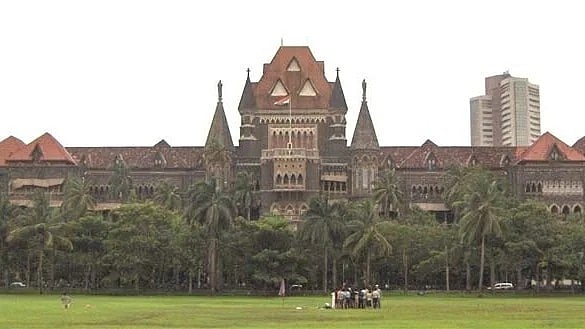We tend to think that men and women have different priorities, perceptions and proclivities. That may be correct in terms of the responses and approaches to situations and circumstances by both the genders. But the fact remains that there are certain common tendencies that are natural as well as embedded in men as well as women. After all, the human spirit is the same and is not restricted by gender or geography. — Noam Chomsky
There's a new as well as interesting finding every day. A few months ago, there was a novel discovery by a team of British researchers that men were much more conscious than women about their looks. In fact, women being acutely appearance-conscious is a myth! They cited examples from the archives of history to the modern era with a view to buttressing their point. It's a documented fact that Alexander the Great — despite his cavalier life and about whom the British historian Dawson said, “Man forever on horseback” — was extremely appearance-conscious. If ever he managed to get time, he'd undergo pedicures and like Cleopatra of Rome, would bathe in a swimming pool filled with the milk of donkeys. Donkey's milk is said to have a skin-softening agent. Even Arnold Toynbee wrote about Alexander's obsession with looks in his seminal essay "The Greeks." Roman emperor Julius Caesar had a retinue of servants who'd apply different concoctions to his face as anti-ageing potions of that era. Brutus even made fun of it! A day before Caesar's marriage to Brutus' mother (yes, he married, rather seduced his friend's mother!), a bevy of women beautified him the whole day! The eccentric Roman emperor Nero would drink the water of a particular cascade in Anteem, said to have the properties to give a fresh glow to the face.
Even the epicurean Greeks and Roman emperors, however, were never as fussy and fastidious about their looks as were the kings and emperors of the subcontinent. Mughals were flag-bearers in this sphere. It's said that except for Humayun (he never had time for luxuries as he was always on the run) and Aurangzeb's saintly brother Dara Shikoh (he was too erudite to be affected by something as mundane as one's looks), all Mughal emperors were exceedingly conscious of their appearance. Babar was worried that the sweltering heat of the sub-continent was scorching and blackening his central Asian fair complexion. Babar advised his male as well as female friends not to get exposed to wretched Indian summer in his “Tuzuk-e-Babri”, originally written in Chagatai, a variant of Turkish. Jahangir would eat ten pomegranates to enhance the glow of his already rosy cheeks. When Abul Fazl mentioned this rather derogatory fact in his Persian Magnum Opus Aaine-Akbari, Jahangir was livid. Jahangir's father, the great Jalaluddin Muhammad Akbar, would walk through the lanes of Meena Bazar as the only man to be there and take beauty massages from beautiful women. Abul Fazl, though almost a sycophant of Akbar, resented this particular pastime of the great emperor and condemned this in his letters to Faizi, one of the nine gems in the court of Akbar. One can see and read the Persian letters at The India House, London. Even stern and austere-looking Aurangzeb devoted time to bettering his humdrum looks. He had an eternally oldish face, according to Khafif Khan, the court historian of the Mughals. Today's actors are in no way lagging behind on this count. Their endorsement of various beauty products for men is sure enough proof of men's vanity, not to mention parlours and boutiques meant specially for men. But the question is: Does such an over-refined and sissy man really look desirable? If we say that a woman gains more by remaining a woman, then isn't the same applicable to a man also? It's the rugged and handsome appearance of a man that makes a woman go weak at the knees. When Mumtaz Mahal first saw Shahjahan, he was sniffing a rose in a la-di-da manner. The sight of a robust-looking man inhale the aroma of a rose irritated her no end and she sent a Persian couplet to Shahjahan, which read, “Ina mardam shuasta shamsheer ne ast / Gul-o-ghuncha na shadibam dast-e-marda nast,” (In the hands of a man, it's the sword that looks beautiful, not a flower or a bud). Allama Iqbal took a swipe at such sissy characters and wrote, “Vaaz mein farma diya kal aapne yah saaf-saaf / Parda aakhir kis se ho jab mard hi zan ho gaye?” (Yesterday, you made it clear in your sermon that why should women wear a hijab when all men have become so womanish?) By the way, the great Chilean poet and Nobel laureate Pablo Neruda used to make fun of a former PM of India and would call him “sissy” and “effeminate” because of the latter's fondness for roses! You may have guessed it right.
Sumit Paul is a regular contributor to the world's premier publications and portals in several languages.











